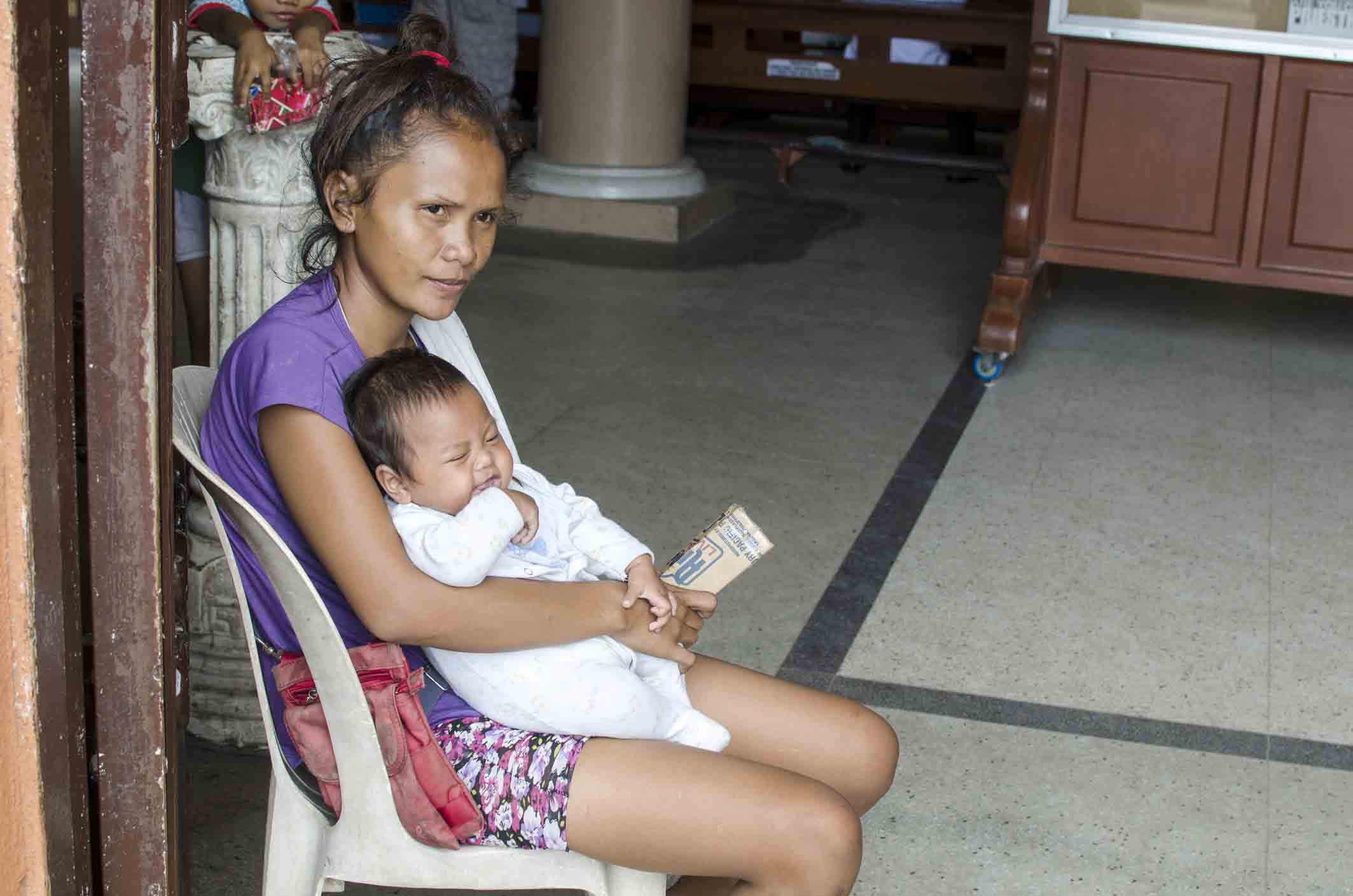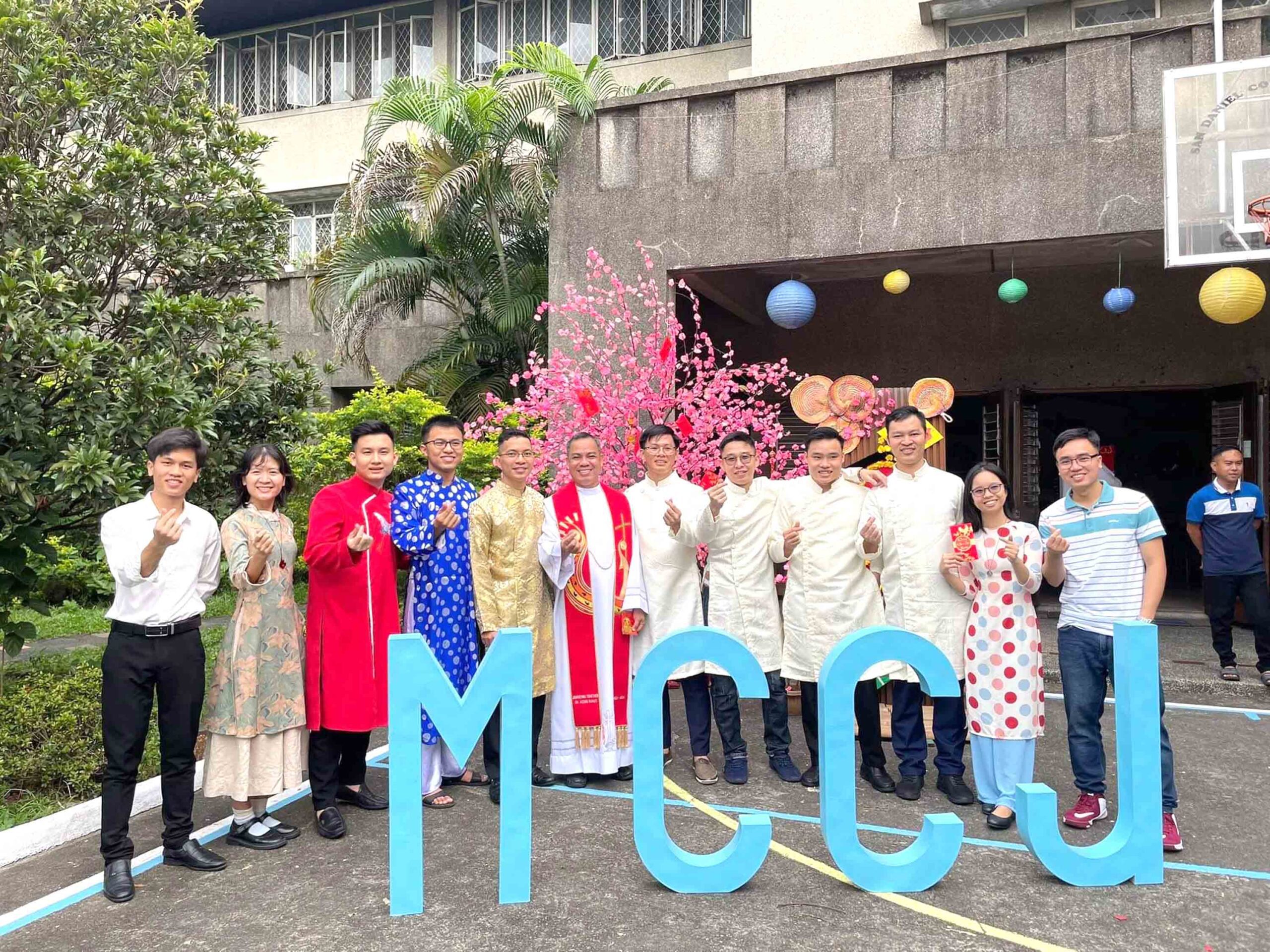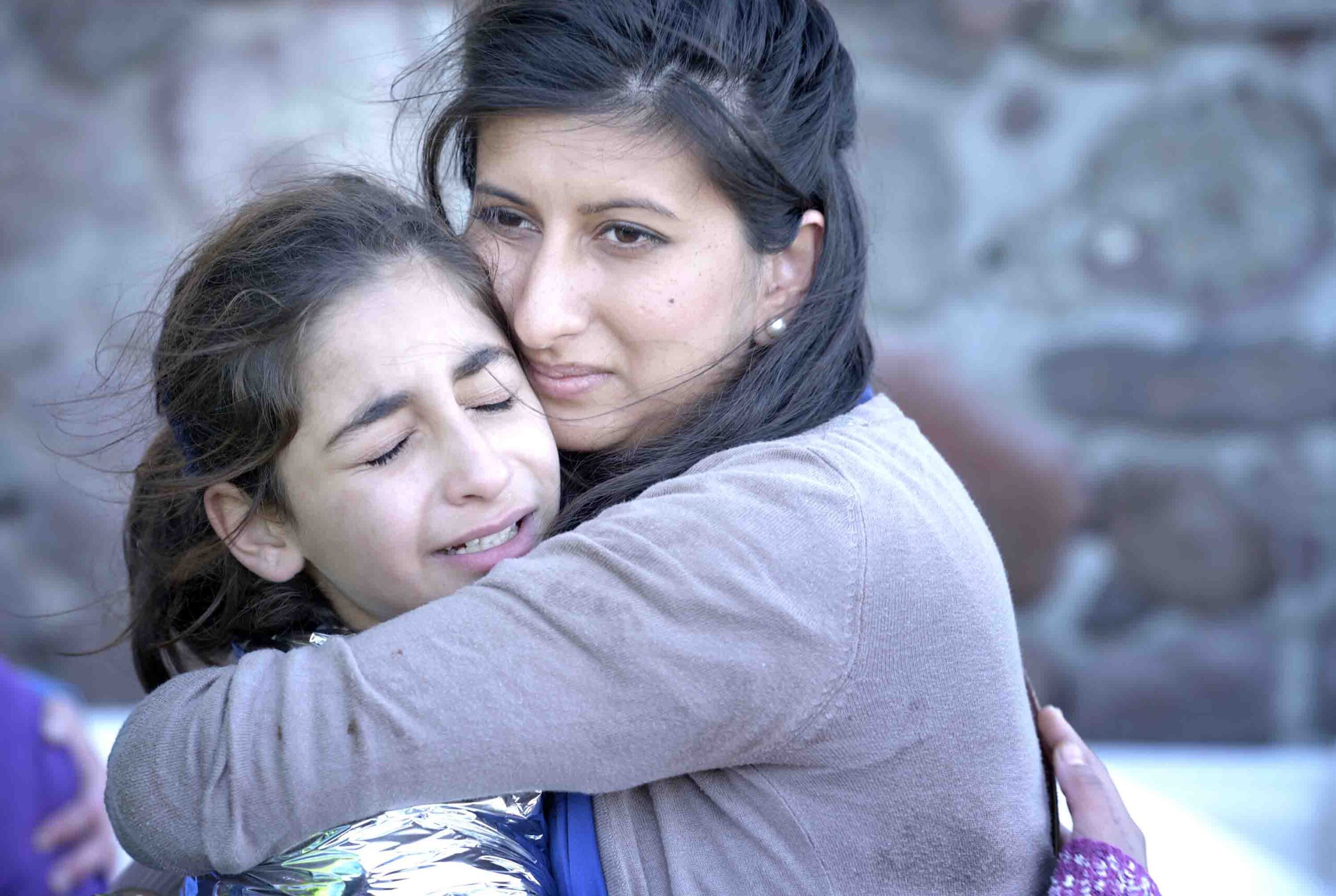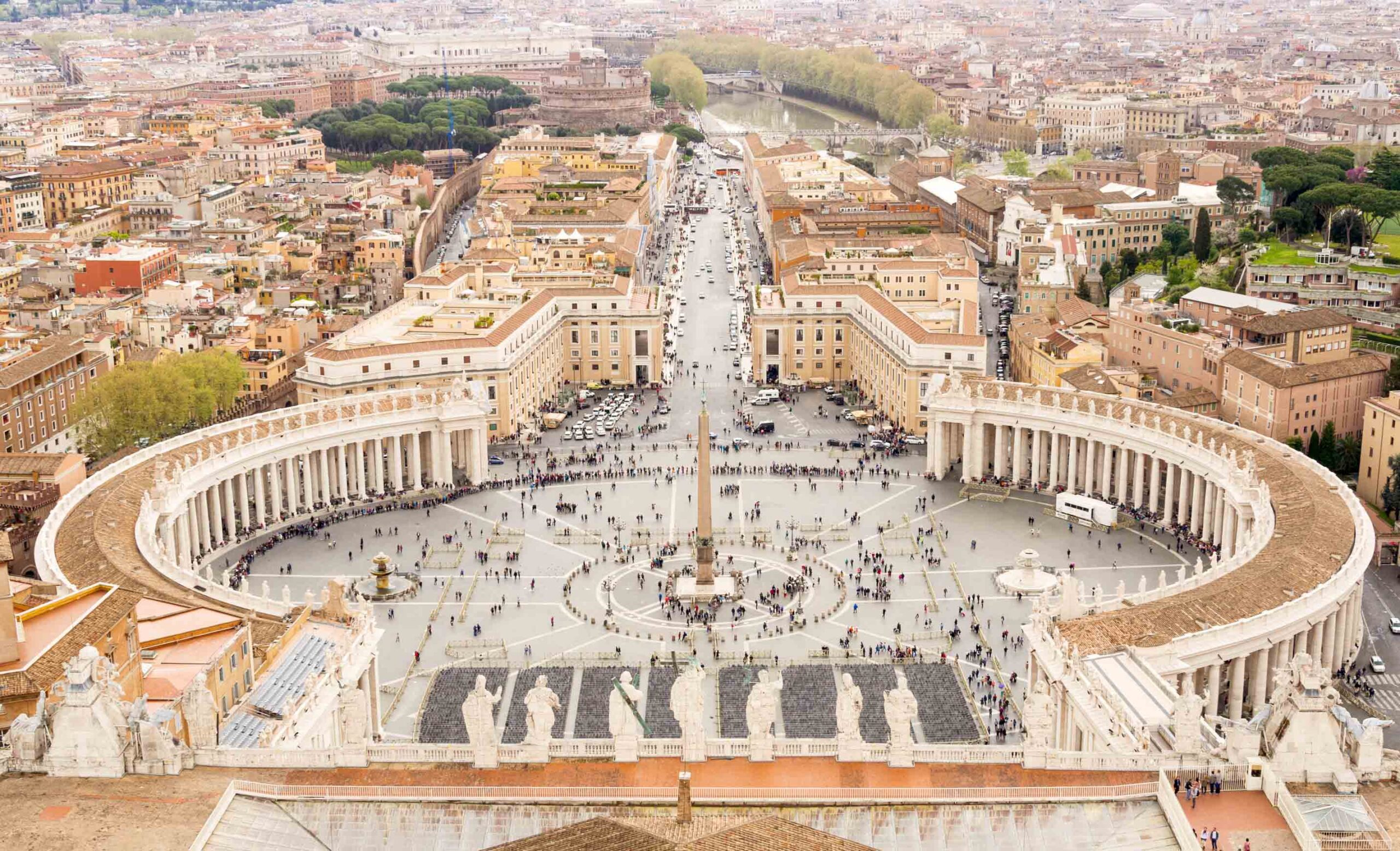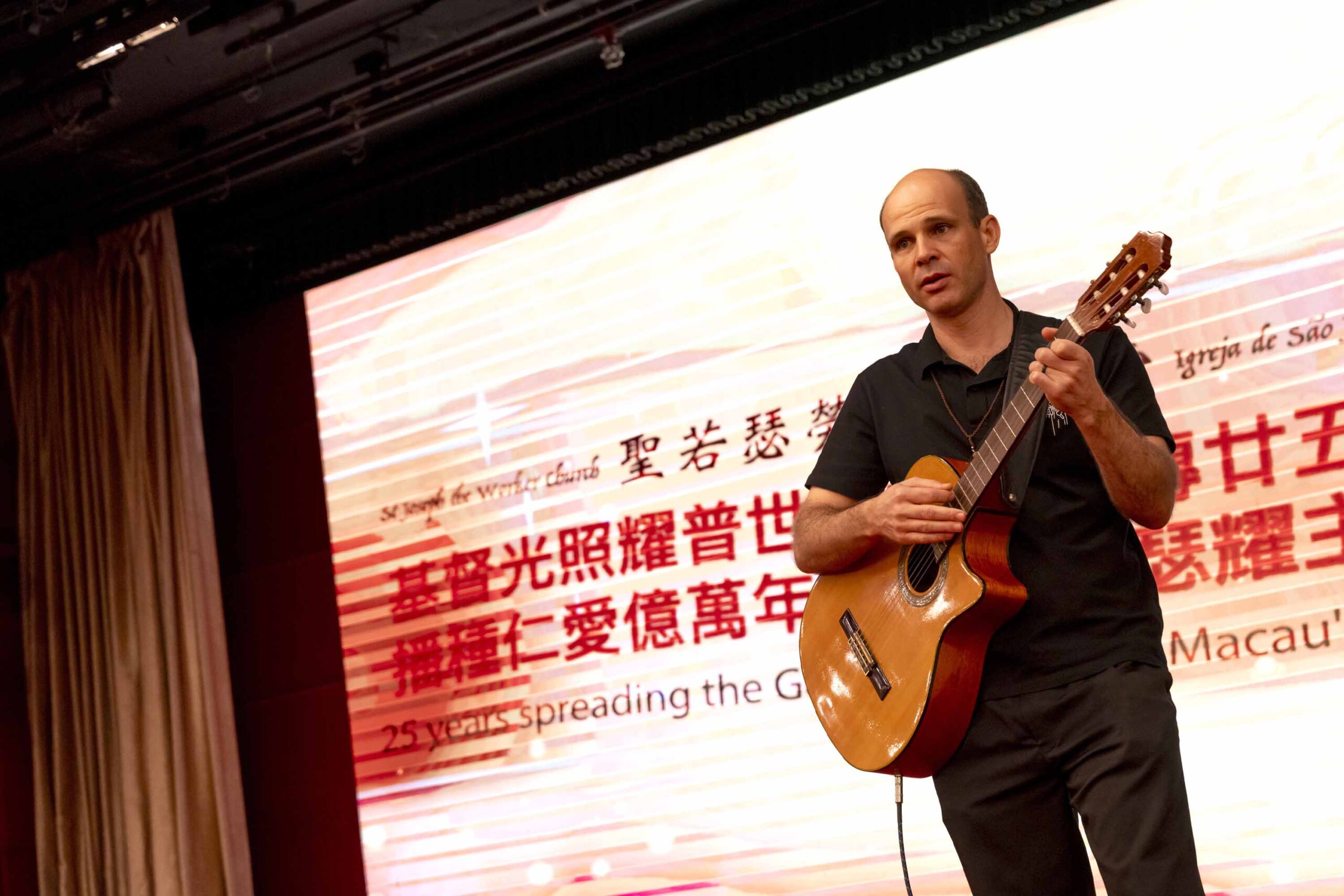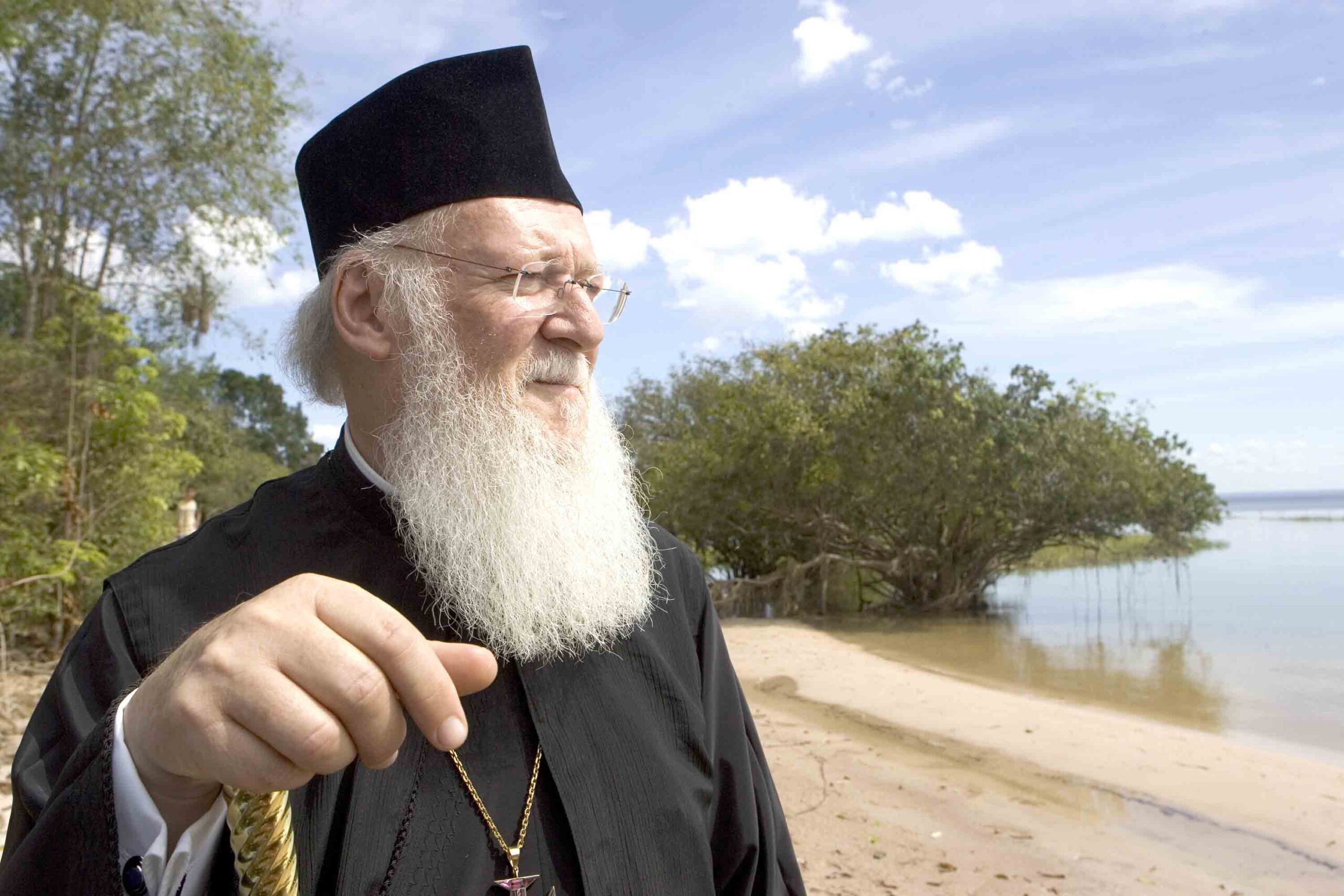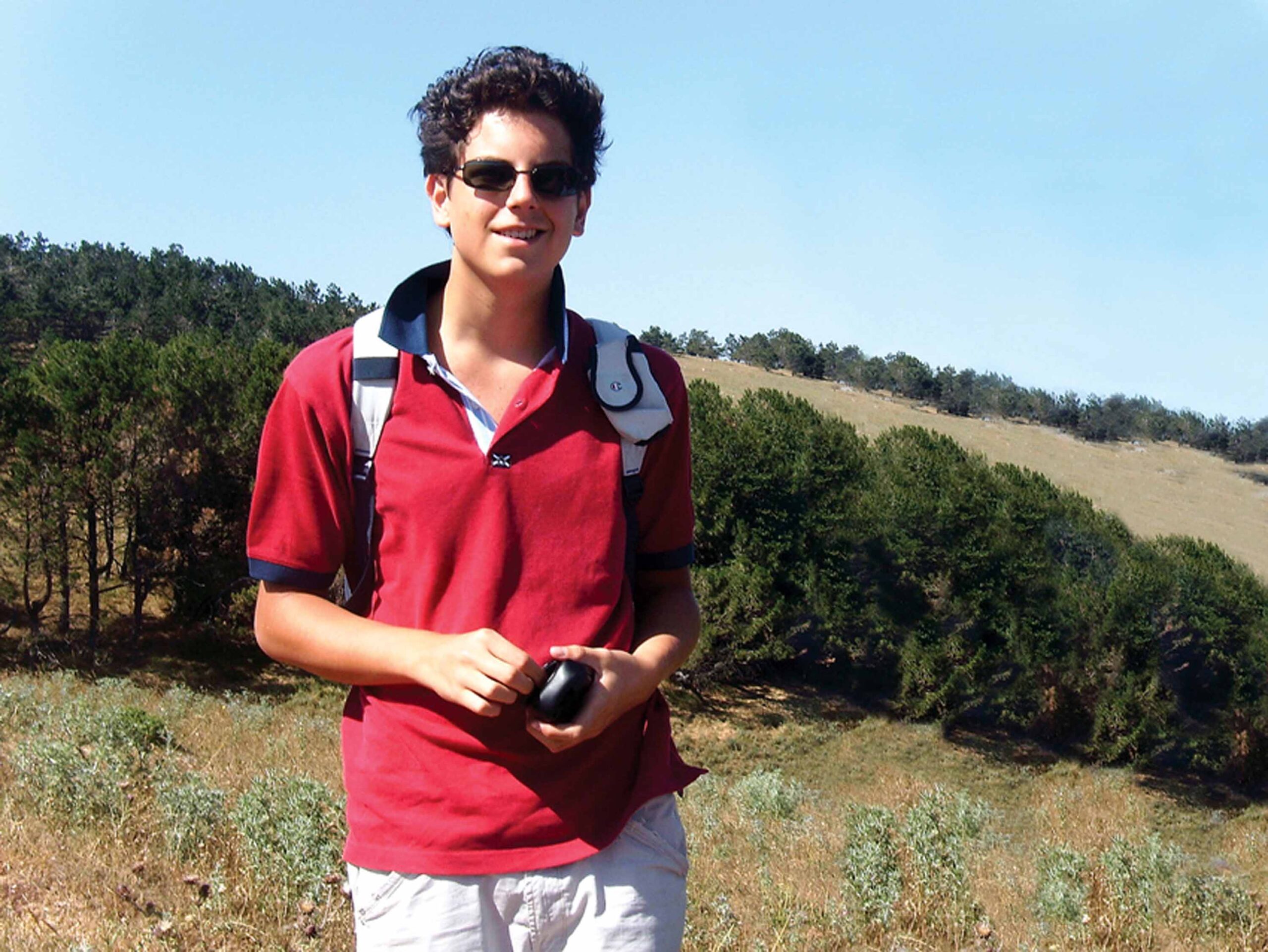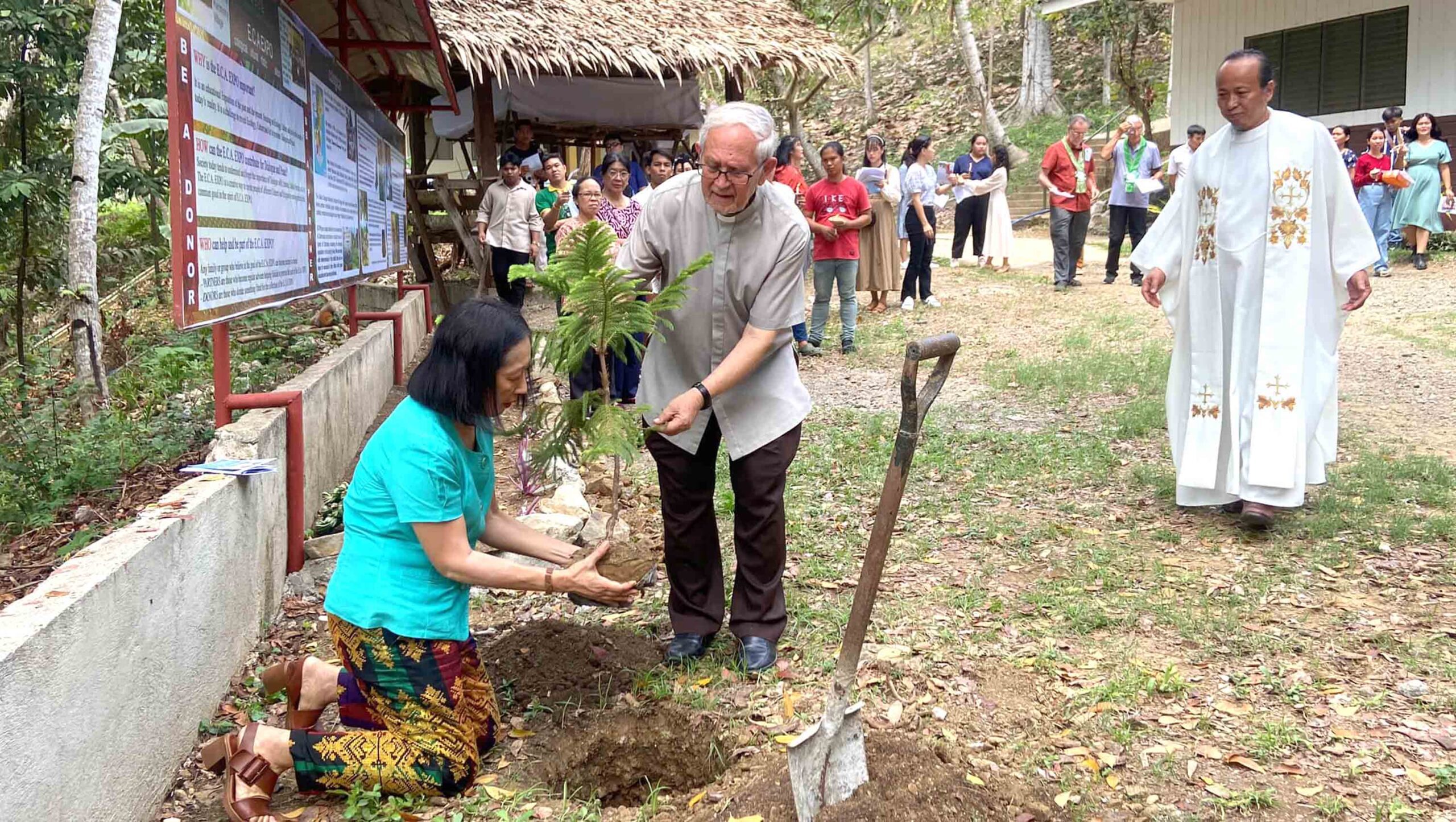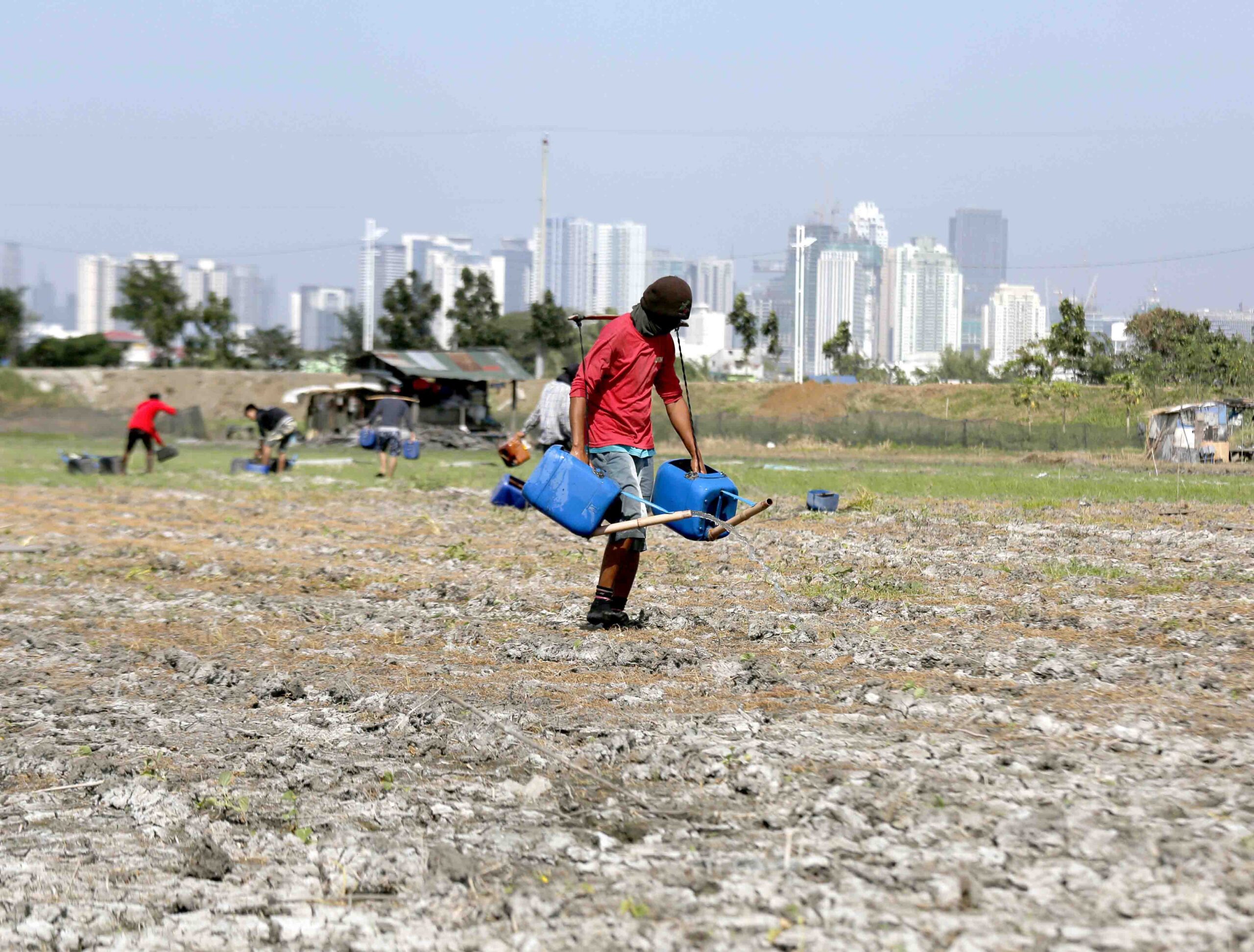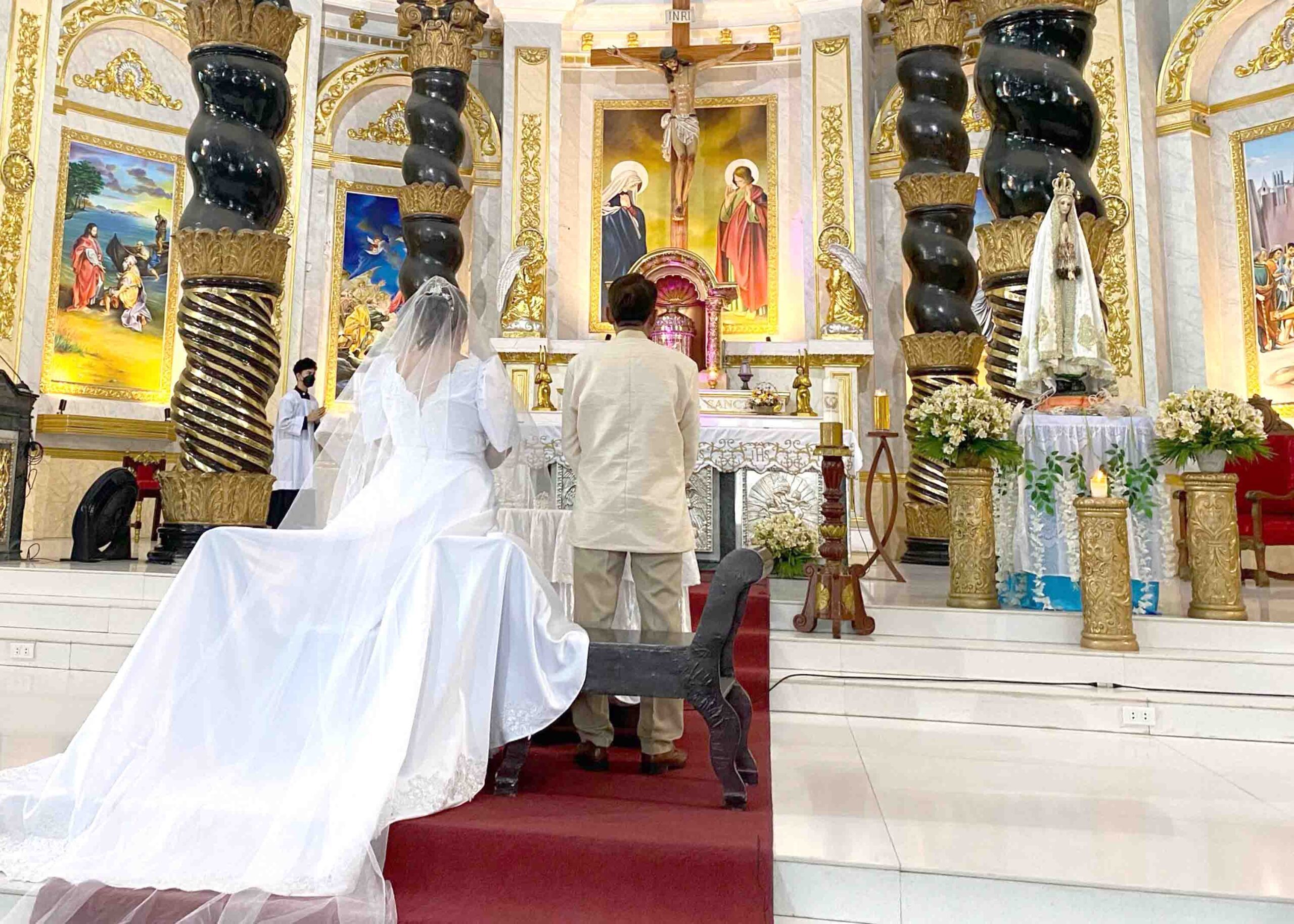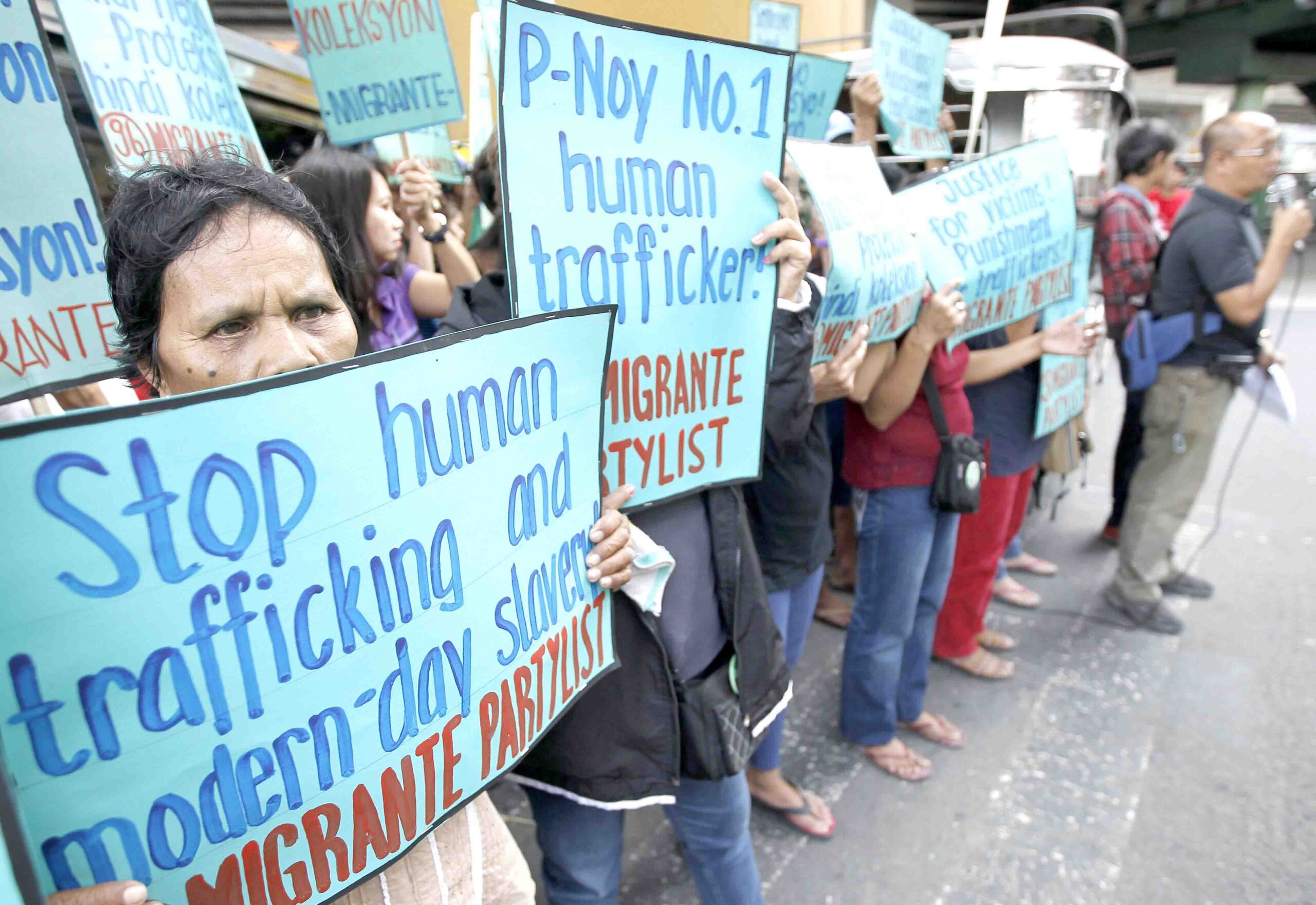Pope Francis is so vivid about this: “How can it be that it is not a news item when an elderly homeless person dies of exposure, but it is news when the stock market loses two points? This is a case of exclusion” (Evangelii Gaudium, n. 53). The ideal is that the economic development of any country is inclusive, which means that when the economy goes up, everybody goes up with it. Sad to admit, it isn’t so in the Philippines, where the “Economy of Exclusion” deprives millions of Filipinos of a life worthy of human dignity.
In a 2022 report by the World Bank, the Philippines has one of the highest income inequality rates in East Asia. Income distribution in the Philippines is highly uneven, and poverty rates are higher than in other ASEAN countries.
MORAL CRISIS
The Philippines appears to be a perfect place where the rich become richer and the poor get poorer, and it is in itself a symptom of a more profound crisis, which is moral in essence. Moral crisis–manifested in kleptocratic bureaucracy that thrives on red tape, corruption, and unmoderated greed–produces injustice, and injustice, in turn, fabricates an inequitable distribution of essential goods and services originally intended for all. It is truly a regrettable situation, and it is sad.
In 1981, when St. John Paul II came to preside over the beatification of Lorenzo Ruiz, the Filipino proto-martyr, the Office of the First Lady commissioned the 24/7 construction of the elegant Coconut Palace inside the Cultural Center of the Philippines complex. It was intended to be the guesthouse for the visiting pope and his entourage.
The Holy Father soon learned that it was constructed at a cost of 5 million dollars, or 38 million pesos, at a time when the majority of Filipino citizens still lived in poverty. Using the most diplomatic-sounding message, the pope sincerely thanked the First Lady for her kindness but firmly refused to set foot on that “papal guesthouse.”
As St. John Paul II put it later in his social encyclical Sollicitudo Rei Socialis: “One of the greatest injustices in the contemporary world consists precisely in this: that the ones who possess much are relatively few and those who possess almost nothing are many. It is the injustice of the poor distribution of the goods and services originally intended for all.”
From the Christian perspective, nobody, just nobody, needs four luxury cars (a Range Rover SV, a Mercedes-Benz G-Class, a Tesla Model, and a Jaguar), several exclusive apartments in Hong Kong and Singapore, BGC, and a private vacation house in Nihi Sumba Island in Indonesia, to show off one’s affluence, when in fact more than 25 million Filipinos live on less than 500 pesos a day.
It looks scandalous that the salaries of the chief executive officer (a.k.a. executive compensation) rise an average of more than 10 percent every year while the rank and file subsist on the minimum wage. In the public sector, based on the 2023 report, the governor, deputy governors, and assistant governors of the Bangko Sentral ng Pilipinas get gross salaries and allowances worth tens of millions of pesos every year. And executives in the private sector enjoy compensation ten times more than that.
Even under the pretext of property rights, greed can never be justified. Yes, we have the right to own, but not to own, what is profligate, excessive, and extravagant.
PRIVATE OWNERSHIP IS NOT ABSOLUTE
From the Christian perspective, private ownership is not an absolute right, for it is a means and not an end in itself. Affluence is a natural personal right, yes, it is, but it also comes with corresponding social obligations. As a means to an end, wealth is subservient to society’s higher needs, better known as the common good or public welfare.
“God destined the earth and all it contains for all men and all peoples so that all created things would be shared fairly by all mankind under the guidance of justice tempered by charity.” Vatican Council II substantiates this in its Pastoral Constitution (Gaudium et Spes, n. 69).
The universal right to use the earth’s goods and to enjoy the fruits of natural resources is based on the principle of the universal destination of goods. John Paul II says it is “the characteristic principle of Christian social doctrine” (Sollicitudo Rei Socialis, n. 42).
All citizens, particularly those living in gated exclusive villages, are reminded that private wealth has a social dimension, a principle grounded in the universal destiny of the earth’s goods. This principle is called the “creative original intention,” which means that God intends to give the earth’s goods and resources to every person.
Dr. José Mario Bautista Maximiano is the author of Catholic Social Teachings: Contemporary Philippine History (Claretians, 2022) and Church Reforms, Volumes 1 & 2 (Claretian, 2023 & 2024). Email to: jomaximiano@gmail.com.

